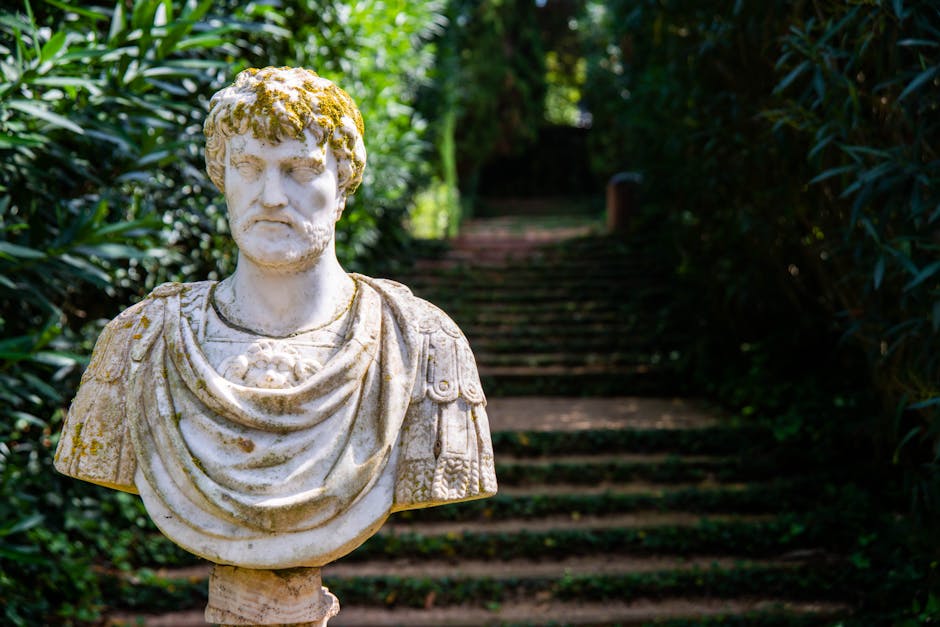
Paleolithic Sculptures
Paleolithic Sculptures
Welcome to our blog post on Paleolithic sculptures. Here, we will dive into the intriguing realm of ancient artworks crafted by our ancestors during the Paleolithic period.
The Paleolithic era, also known as the Old Stone Age, spanned from around 2.6 million years ago to about 10,000 BCE. It was during this time that humans developed advanced cognitive and artistic abilities, leading to the creation of remarkable sculptures.
Types of Paleolithic Sculptures
There are various types of Paleolithic sculptures that have been discovered throughout the world. These include:
- Venus figurines: These small female figurines were often carved from stone or ivory and are believed to represent fertility or symbolic representations of women.
- Animal sculptures: Paleolithic artists depicted animals such as bison, mammoths, horses, and lions in their sculptures, showcasing their deep connection with the natural world.
- Abstract forms: Some sculptures from the Paleolithic period take on abstract forms, leaving room for interpretation and speculation about their meaning.
Styles and Interpretations
Paleolithic sculptures were created using various techniques and styles. Some sculptures were made by carving into stone, while others were shaped using bone or ivory. The artists of this era had a remarkable ability to capture the form and essence of the subject matter, often with minimalistic yet powerful details.
The interpretations of Paleolithic sculptures can vary depending on cultural context and archaeological findings. Some scholars believe that Venus figurines, for example, may have held religious or spiritual significance, while others suggest they could have served as fertility charms or depictions of beauty standards.
Importance and Legacy
Paleolithic sculptures hold immense historical and artistic importance. They provide invaluable insights into the lives and minds of our ancient ancestors. These sculptures showcase the incredible artistic skills and creativity of humans during a time when survival was the primary focus.
Studying Paleolithic sculptures not only helps us understand the cultures and societies of the past but also emphasizes the timeless nature of artistic expression and the universal human impulse to create.
